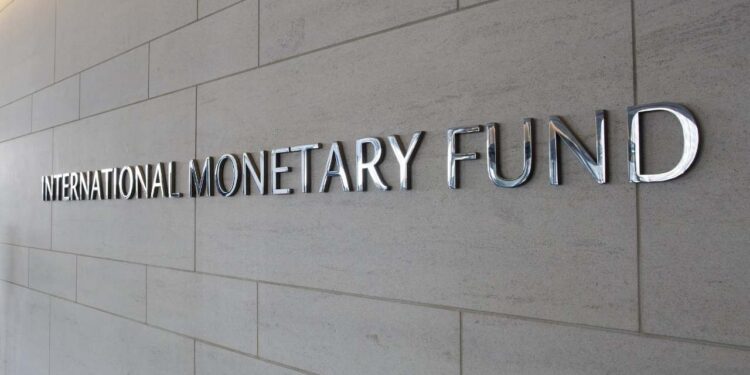The International Monetary Fund (IMF) announced the successful completion of the first review of Ethiopia’s 48-month Extended Credit Facility (ECF) arrangement. This milestone enables an immediate disbursement of approximately US$340.7 million (SDR 255.6 million) to support Ethiopia’s balance of payments needs and ongoing economic reforms.
The ECF arrangement, approved by the IMF Executive Board on July 29, 2024 (Read here), provides Ethiopia with access to a total of SDR 2.556 billion (850 percent of quota), equivalent to about US$3.4 billion at the time of program approval. This program is part of a broader US$10.7 billion support package from development partners and creditors aimed at assisting Ethiopia’s Homegrown Economic Reform Agenda (HGER). The HGER focuses on addressing macroeconomic imbalances and laying the foundations for private sector-led growth.
Progress Under the ECF Arrangement
The IMF commended the Ethiopian authorities for their strong commitment to implementing the HGER, noting that all quantitative performance criteria and four out of five structural benchmarks for the first review have been met. Key achievements include:
- Exchange Rate Reforms: The transition to a more flexible exchange rate regime has been commendable. The spread between the official and parallel market exchange rates has significantly narrowed, and the supply of foreign exchange is improving, alleviating acute shortages.
- Monetary Policy Improvements: The National Bank of Ethiopia (NBE) has made progress in shifting towards an interest rate-based monetary policy regime. Tight monetary policy and the elimination of monetary financing of government deficits are helping to reduce inflationary pressures.
- Fiscal Reforms: The government has embarked on ambitious tax mobilization efforts guided by the newly approved National Medium-Term Revenue Strategy. The new VAT law streamlines exemptions and strengthens compliance, aiming to enhance revenue collection.
- Debt Management: The authorities are working to restore debt sustainability by engaging with international partners to restructure external debt and manage debt risks effectively.
IMF’s Remarks
Mr. Bo Li, Deputy Managing Director and Acting Chair of the IMF Executive Board, stated:
“Ethiopia’s program under the ECF has made a solid start, and the transition to a more flexible exchange rate has progressed well. Transitional one-off arrangements to address the foreign exchange (FX) backlog from past fuel imports are in place, relying principally on market participants with an additional contribution from the National Bank of Ethiopia (NBE). As economic agents adjust to the new FX regime, reform momentum and clear communication will need to continue to ensure a fully successful and sustained switch to a floating exchange rate.”
He emphasized the importance of prudent macroeconomic policies:
“Continuing to restrict NBE’s FX interventions and additional policy measures to support FX market development will be critical to enhance market efficiency and deepening. Prudent macroeconomic policies, including continued tight monetary policy and the elimination of monetary financing of government deficits, are essential to reducing imbalances and shoring up macroeconomic stability.”
Challenges and Recommendations
Despite the positive developments, the IMF highlighted ongoing challenges:
- Foreign Exchange Market Development: Limiting the NBE’s foreign exchange interventions and implementing additional policy measures are crucial for enhancing market efficiency and depth.
- Monetary Policy Transmission: The authorities should intensify efforts to improve monetary policy transmission, including enhancing the functioning of the treasury bill market.
- Financial Sector Vulnerabilities: Close supervision and enforcement of net open position regulations for banks will help address vulnerabilities within the financial sector.
- Social Safety Nets: Expanding the targeted social safety net (PSNP) is critical to mitigating the impact of reforms on vulnerable people, delivering cost-effective and efficient support.
Looking Ahead
Steady implementation of the HGER reform plan will be key to achieving macroeconomic stability and stronger economic growth. Maintaining momentum on domestic revenue mobilization and structural reforms in the state-owned enterprise sector is essential for creating sufficient space for social and developmental capital spending.
The authorities are working to reach an agreement on debt treatment with official creditors by the time of the second program review. Negotiations with commercial creditors are expected to follow on comparable terms. Additionally, the authorities plan to develop a debt management strategy with IMF technical assistance.




















